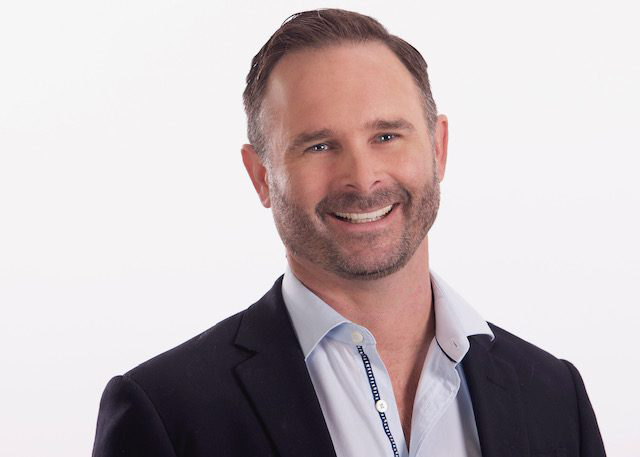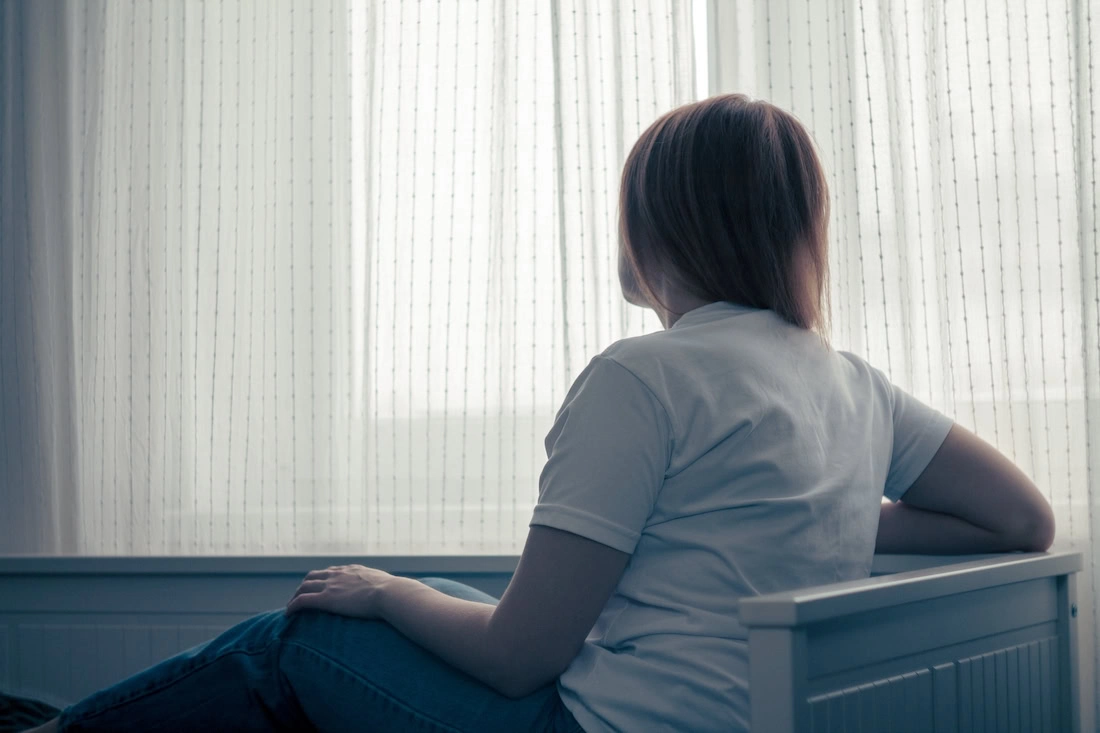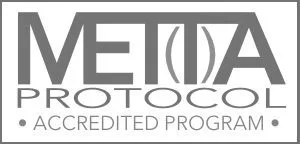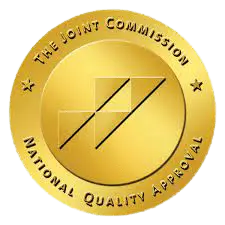Have you just completed a drug rehab program?
Congratulations!
Completing a treatment program is a major life milestone that needs to be celebrated. While you may be ready to leap back into your normal daily routine with both feet and put the past behind you, you have a lot of work ahead of you.
Maintaining recovery is a full-time job, and you need to protect your investment. The best way to keep your sobriety front and center is by creating and implementing a relapse prevention program. If you are not familiar with relapse prevention programs, this article is a primer to this important recovery tool.
Are you in Indiana and need professional help to overcome your drug addiction? SEE Purpose is a top-rated drug and alcohol rehab in Indiana that offers you a dynamic and integrated approach to treatment. You receive the best evidence-based treatment that is tailored to meet your unique needs. Call SEE Purpose toll-free right now and see your purpose in recovery.
Understanding Relapse
To understand a relapse prevention program, you first have to wrap your head around the concept of relapse. Like many people new to recovery, you define relapse as the moment you start using substances after a period of abstinence.
You are half-right.
The truth is that relapse begins way before you use drugs and alcohol. In reality, relapse is a process and not a singular event. Relapse can be seen as occurring in three distinct phases:
- Emotional Relapse—this first phase occurs when you bottle up your emotions. You may experience wide mood swings and a growing intolerance towards other people. You may still be going to meetings and using other rehab aftercare tools, but you are phoning it in and not putting in full effort
- Mental Relapse—in this second phase you encounter increased cravings and urges to use. You start hanging around old using friends and having fantasies about using drugs and alcohol once again. You think of situations where using substances would be acceptable.
- Physical Relapse— this final stage of relapse is when you start using substances after a period of sobriety. Once you resume use, you have overwhelming feelings of guilt and shame.
The reasons for relapse are many. One main reason for relapse is unresolved trauma from the past. Another common relapse trigger is prolonged exposure to daily stressors that go unresolved. Additionally, you may relapse if you feel that you have reached a plateau in your recovery and the coping skills you currently utilize aren’t effective.
How to Create a Relapse Prevention Plan
So how do you create a relapse prevention plan that builds the coping skills needed in identifying triggers that may lead you to drink or drugs? The first thing you need to do is have smaller recovery goals that you can identify and reach. These can include making amends to family and friends, setting career or educational goals, and finding new hobbies. Secondly, identify the triggers that leave you vulnerable to “stinkin’ thinkin’”. Isolate those triggers, understand them, and come up with coping mechanisms to address them.
Thirdly, take the offensive! Engage in regular vigorous exercise, eat a balanced diet, and get plenty of sleep every night. Having a solid self-care regimen is key to developing proper mental and physical balance. It is also crucial that you have your support system in place in those moments when you feel weak and want to use drugs and alcohol. Go to a support meeting, work with your sponsor, or see your counselor. It may also help to go for a walk, see a movie, or engage in other healthy activities that distract you from your using thoughts.
Find Healing And Peace With Help from SEE Purpose Treatment
The path to long-term recovery starts with evidence-based professional treatment. As Indiana’s premier drug treatment facility, SEE Purpose Treatment offers you and all clients the programs, services, and support that restore your mental and physical well-being. Our integrated approach to treatment helps you address the root causes of your addiction in a safe and supportive environment. Our intensive inpatient substance abuse treatment in Indiana and aftercare programs give you the tools and confidence to rebuild your life.
Call SEE Purpose Treatment right now and achieve your dream of meaningful sobriety.

